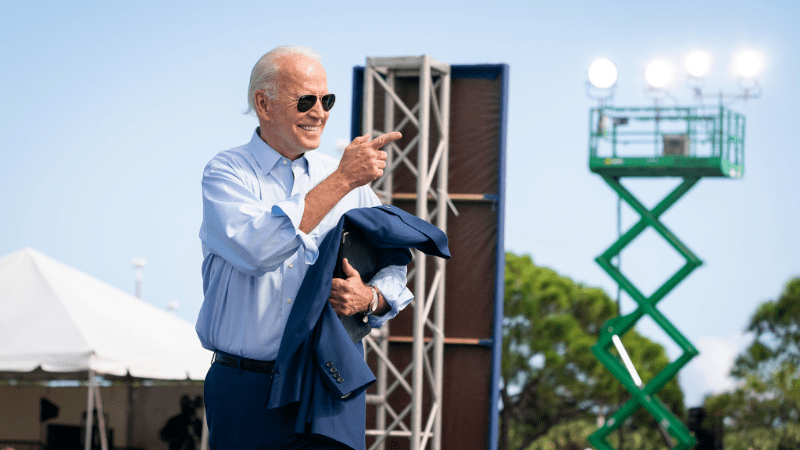This article originally appeared in the Globe and Mail.
By Heather Exner-Pirot, January 30, 2024
North America has been blessed with energy independence. Together, Canada and the United States have staggering reserves of oil and natural gas, a gift of the oil sands and the shale revolution. All that is asked of us in return is to export some of it, at a profit, to our energy-importing allies in Europe and Asia.
Canada has made a national pastime of reneging on this responsibility, exporting only to the United States. But the Americans have kept up their end of the bargain, adding more than a Saudi Arabia’s worth of output in the past decade and becoming the world’s top exporter of LNG.
That run ended last week, when the Biden administration announced it would be pausing approvals for LNG exports. The announcement comes in the shadow of the 2024 presidential election. The Democrats need to energize their progressive base, and the rapid growth of U.S. LNG exports has become a hot-button issue. Maybe it will turn out to be good politics. But it is terrible policy.
The energy security argument for expanding, rather than pausing, LNG exports from North America is a slam dunk. There’s a handy litmus test: if it’s bad for Putin, it’s good energy policy.
President Joe Biden’s LNG pause fails that test. It couldn’t come at a worse time for our close ally, Germany. Europe’s industrial powerhouse is experiencing deindustrialization, a result of the end of imports of cheap Russian pipeline gas following the invasion of Ukraine in 2022. As its economy falls victim to high energy prices, farmers are protesting in the streets, the far-right political party AfD is on the rise, and political tensions are brewing.
There are surely whispers in Berlin about the conditions under which they might remove sanctions on Russian gas to get the economy back to normal. The rapid growth of secure, affordable supply from the United States has acted as a bulwark against this kind of recidivism. Limiting LNG exports undermines that.
Environmentalists are cheering the policy, seeing no reason why we should expand the use of any fossil fuel in the face of climate change. But to most energy experts, the reasons are obvious. In the short and medium term, meaningfully reducing coal use – which hit an all-time high in 2023 – will depend on the availability and affordability of natural gas. Shifting from coal to gas has provided the lion’s share of emissions reductions in the past two decades. Increased LNG use might condemn us to surpassing the 1.5-degree warming threshold countries are aiming to stay under, but barring a long and devastating global economic contraction, LNG is the only thing that will save us from a future that’s three degrees warmer.
There is a temptation to see headwinds in the U.S. LNG industry as a tailwind for Canada’s. As Conservative MP Michael Chong wrote on X formerly Twitter, “President Biden’s decision to pause new LNG projects is a huge opportunity for Canada.”
But the Canadian oil and gas sector is mostly dismayed by the news. The North American energy system is highly integrated. Without our own LNG export capacity, a tremendous amount of Canadian natural gas – the same volume that flows from Russia to Germany through Nordstream 1 – currently flows south, through Canadian-owned pipelines, to support American LNG exports. Any policy that prevents natural gas from getting off the continent is a negative for Canadian producers.
Mr. Biden’s announcement highlights the urgency for Canada to build its own LNG export terminals. Few Europeans want to move from dependence on Russia to dependence on the United States, especially with a potential Trump presidency around the corner. Having the option to buy Canadian LNG would reduce risk all around.
That option is finally on the horizon for projects in B.C. LNG Canada, Shell’s joint venture in Kitimat, with partners in South Korea, Japan, China and Malaysia, is scheduled to ship its first exports next year. It will also make a decision on a Phase 2 expansion in 2025. Woodfibre LNG, in Squamish, has started construction. A pair of Indigenous-owned projects are also in the queue; Cedar LNG is awaiting a final investment decision, and Ksi Lisims LNG is awaiting environmental approval. But the federal government’s emission cap and British Columbia’s CleanBC plan, which require a reduction of emissions, are conspiring to pause new LNG investments in practice, if not as official policy.
In a world where we prioritized our allies’ prosperity and security, Canada would boost LNG exports to Asia and the U.S. would boost them to Europe. We would not compete; we would co-ordinate.
Until now, the United States has done its part to enhance global energy security and make the sanctions on Russia stick. With the LNG pause, they have allowed politics to override policy. Canada has neither cause to celebrate, nor emulate the decision. But we have good reason to pick up where they’ve left off.
Heather Exner-Pirot is director of energy, natural resources and environment at the Macdonald-Laurier Institute.






